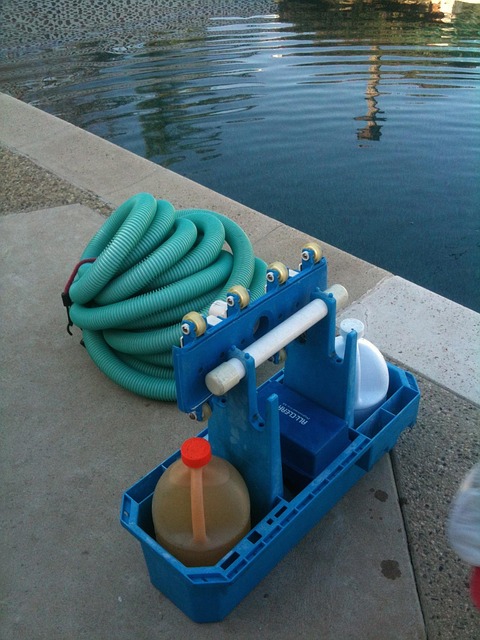Common drain issues include clogs from grease, hair, and debris buildup, leading to slow drains or backups, and bad smells caused by bacterial and algae growth. Preventive measures include proper disposal of greasy foods, regular cleaning with hot water and vinegar, addressing tree root infiltration, and using drain catches. DIY solutions like baking soda and vinegar or plumber's snakes are cost-effective for drain cleaning. Chemical cleaners dissolve blockages but may corrode pipes; natural methods are eco-friendly and safe but demand more time. Regular professional drain cleaning prevents costly repairs. Maintenance tips include trapping hair, flushing with hot water, using natural cleaning solutions, and incorporating sustainable practices to ensure smooth plumbing operation.
Looking for affordable drain cleaning solutions? This comprehensive guide covers everything you need to know about keeping your drains clear and hygienic. We explore common drain issues, their causes, and effective DIY methods to unclog them without breaking the bank. Learn about the pros and cons of chemical vs natural cleaners, the importance of professional plumber services, long-term prevention strategies, and eco-friendly options for sustainable drain cleaning.
Understanding Common Drain Issues and Their Causes
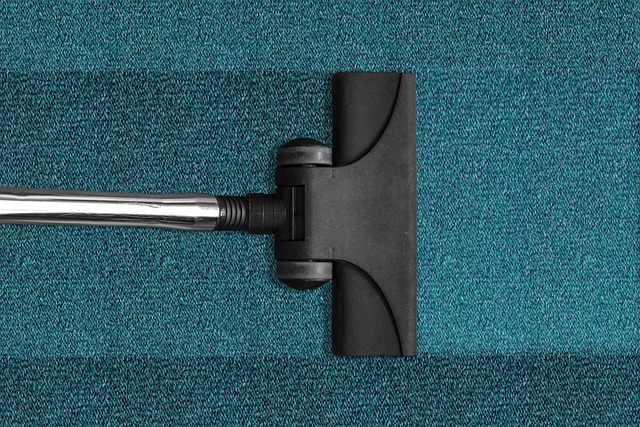
Many common drain issues arise from everyday activities and the buildup of certain substances over time. One of the most frequent problems is clogs caused by grease, hair, and other debris that accumulate in pipes. These obstructions can lead to slow drains or complete blockages, resulting in unpleasant backups into sinks and showers. Another typical issue is a bad smell emanating from drains, often due to the growth of bacteria and algae in stagnant water.
The causes of these problems vary. Greasy foods and cooking oil should be disposed of properly to prevent clogs. Regular cleaning with hot water and vinegar can help dissolve hair and other substances that may have stuck to pipe surfaces. Over time, tree roots can infiltrate pipes, leading to serious drain issues, especially in older homes. Identifying the root cause of a problem is key to effective long-term drain cleaning solutions.
DIY Drain Cleaning Methods: Cost-Effective Solutions
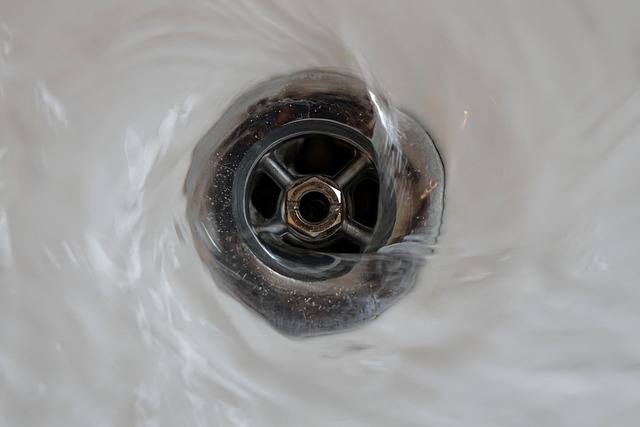
Many homeowners turn to DIY solutions for cost-effective drain cleaning, and for good reason—it’s a simple, straightforward way to tackle clogs without breaking the bank. One popular method involves using a combination of baking soda and vinegar. Pouring 1/2 cup of baking soda down the drain followed by 1 cup of white vinegar creates a chemical reaction that helps break down grease and grime buildup. This mixture will bubble vigorously, creating a natural cleaning agent powerful enough to dislodge hair and other debris.
After allowing it to sit for about 30 minutes, flush the drain with hot water. Repeat this process if necessary until the drain is clear. Another easy and affordable option is using a plumber’s snake or auger, a flexible metal cable that can be twisted through pipes to break up clogs. These tools are readily available at hardware stores and can effectively remove stubborn blockages without requiring harsh chemicals or expensive professional services.
Chemical vs Natural Drain Cleaners: Which is Better?
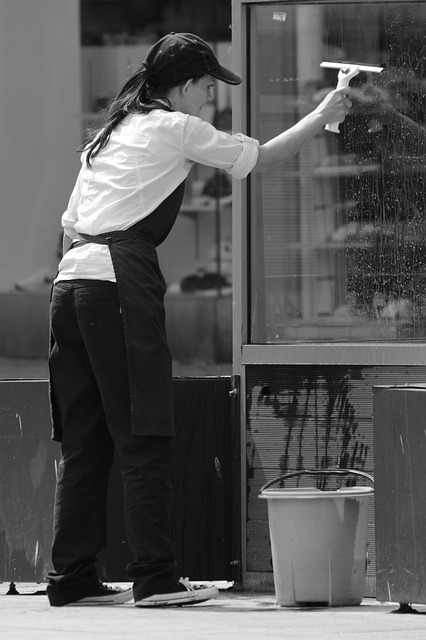
When it comes to maintaining clean and unclogged drains, homeowners often face a choice between chemical drain cleaners and natural alternatives. While chemical cleaners have been popular for their quick results, there are growing concerns about their potential harm to pipes and the environment. On the other hand, natural drain cleaners offer a more eco-friendly and safe option but may require more time and effort.
Chemical drain cleaners often contain strong acids or bases that can effectively dissolve hair, grease, and other common blockages. However, these chemicals can corrode pipe surfaces over time and potentially cause damage to septic systems. In contrast, natural drain cleaners such as baking soda, vinegar, and boiling water are gentle on pipes and the ecosystem. They work by using enzymatic action, acidity, and heat to break down clogs, making them a safer and more sustainable choice for regular drain cleaning.
The Role of Plumbers in Professional Drain Maintenance
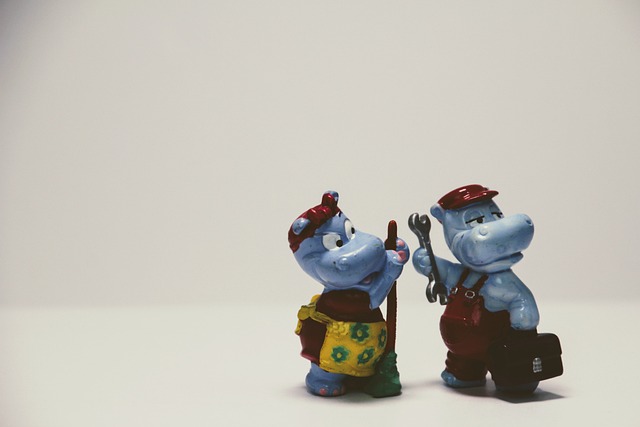
Plumbers play a pivotal role in professional drain maintenance, ensuring that clogged or slow drains are effectively addressed. They possess the expertise and tools to navigate the intricate labyrinth of pipes beneath our homes and businesses. By employing specialized equipment like high-pressure water jets and drain snakes, plumbers can clear obstructions caused by grease buildup, tree roots, or foreign objects, restoring proper drainage.
Regular professional drain cleaning is a proactive approach to prevent costly repairs and maintain the integrity of plumbing systems. Plumbers also offer valuable insights into preventive measures homeowners can take, such as avoiding pouring grease down sinks or using drain covers to catch hair and debris. Their services ensure that drains function optimally, promoting a hygienic and comfortable living environment.
Long-Term Prevention Strategies for Clogged Drains
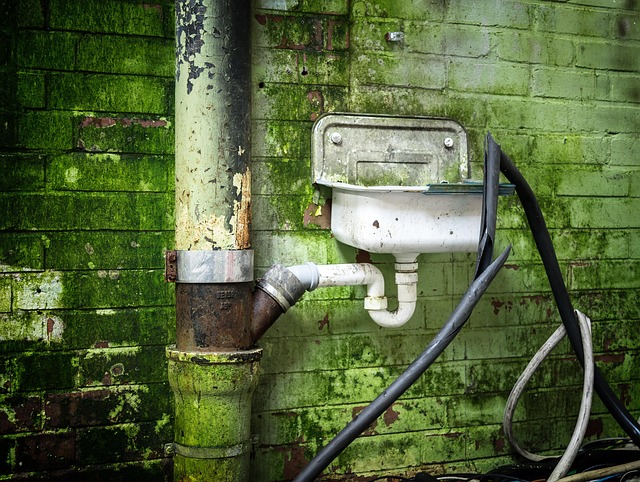
To prevent clogged drains in the long term, regular maintenance is key. Start by using a drain catch or strainer to catch hair and other debris before they enter the drain. This simple step can significantly reduce the buildup of grease, soap scum, and other common cloggers. Additionally, pour hot water down the drain regularly—boiling water for a few minutes can help dissolve fat and oil that may have accumulated in the pipes.
Consider using natural cleaning solutions like baking soda and vinegar, which are effective and cost-friendly. Baking soda acts as a mild abrasive, while vinegar’s acetic acid helps break down blockages. Pouring a mixture of these two down your drains can prevent serious clogs from forming and keep your plumbing system running smoothly.
Eco-Friendly Options for Sustainable Drain Cleaning
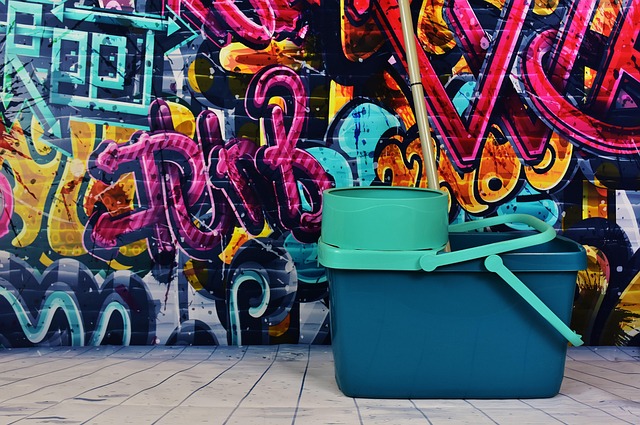
In today’s world, where sustainability is a top priority, it’s essential to explore eco-friendly options for drain cleaning. Traditional chemical-based cleaners can be harsh on both pipes and the environment, leading to pollution and potential health risks. Thankfully, there are now numerous green alternatives that not only effectively unclog drains but also promote a cleaner, healthier ecosystem.
One such solution involves using natural enzymes that break down organic matter and grease, preventing clogs without leaving behind toxic residues. Baking soda and vinegar, two common household items, can also be used in combination to clear minor blockages. For more severe cases, using biodegradable drain cleaners or manual methods like a plunger or wire snake are effective and safe choices. These sustainable options not only protect local water sources but also ensure the well-being of your home’s plumbing system over time.
